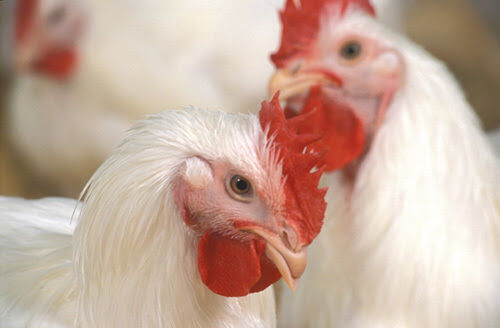Remember back in the days when there was a battle between different meat sources? Why, no self-respecting cattlemen would ever be caught eating chicken. I remember the day when meat producers would band together and work to educate consumers about how vital meat consumption was to human health.
The real competition now is meat alternatives and it does not appear a lot of banding together is occurring to battle this challenge.
It does not take much digging to learn that these “fake meat” companies are falling on their face financially and cannot gain any traction in the marketplace. Despite that being the truth, we all know the concerted effort continues to ramp up the negativity about food animals, milk, meat, and eggs. A board-certified nutritionist named Judy Cho put together a graphic that everyone needs to see. It clearly details what one 8-ounce ribeye provides toward the daily nutritional requirements of the human body. It is incredible.
All of the data is sourced from the U.S. Department of Agriculture and here are the highlights from 8 ounces of beef:
Vitamin B6 100%, Vitamin B12 142%, Zinc 111%, Niacin 119%, Selenium 131%, Iron 28%, Choline 31%, Phosphorus 42%, Riboflavin 23%, Thiamin 25% plus much more.
While many people today go to the health food store to stock up on vitamin and mineral supplements, you have to wonder why? If you look at what the building blocks of human health are, they all come from animal products.
Beef excels in more nutrients than any other meat source but not by much. You can achieve this type of power packed nutrition from all meat sources, but beef and lamb are the super stars when it comes to heme iron, the most readily available form of iron. Iron helps the cells of the human body transport oxygen—an overlooked health benefit.
Other key components to healthy living include nutrients like zinc. Zinc deficiency is ranked as the fifth-leading risk factor in causing disease worldwide. It occurs when you don’t consume enough sources of zinc in your diet, or you have trouble absorbing zinc due to digestive disorders or very poor gut integrity. Zinc is integral to cognition and immunity.
Animal products are the best sources of zinc compared to plant foods, like vegetables, because zinc bioavailability (the fraction of zinc that’s retained and used by the body) is high in foods like animal meats and seafood. Research shows that this is due to the absence of compounds that inhibit zinc absorption in animal sources and the presence of sulfur-containing amino acids that improve zinc absorption, like cysteine and methionine.
Reports suggest that people who don’t eat meat or animal products, like people on a vegetarian or vegan diet, need up to 50% more zinc in their diets daily to absorb what their bodies require. Cho has an entire section on her website about hitting rock bottom from a health standpoint because she was avoiding animal products in her diet.
Meat, eggs and dairy products are the best prescription you could ever get for improved health.
We have another point that I haven’t even mentioned and that is meat consumption for the intake of protein. Infants through young adults require healthy portions of protein to build their body. Now we also have evidence that as we age, the protein requirements actually increase and most of our aging is a direct result of the lack of adequate protein in the daily diet.
Animal protein provides the aging body with amino acids that help build cells and repair tissues, form antibodies, and carry oxygen throughout the body. Knowing that, who is going to say, “No thank you. I don’t want any of that going on here?”
It’s time we get back to the true building blocks of our physical and mental health, the consumption of meat, milk and eggs, which will enhance our immune systems, strengthen our muscles and organs and minimize disease and aging. Throw away the spendy supplements and spend that money to get ahold of some high quality, farm-fresh protein that you can enjoy consuming and your body will thank you for.
Editor’s note: The views expressed here are the author’s own and do not represent the views of High Plains Journal. Trent Loos is a sixth generation United States farmer, host of the daily radio show, Loos Tales, and founder of Faces of Agriculture, a non-profit organization putting the human element back into the production of food. Get more information at www.LoosTales.com, or email Trent at [email protected]




